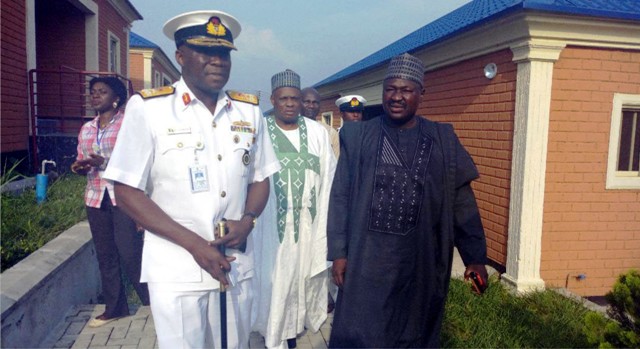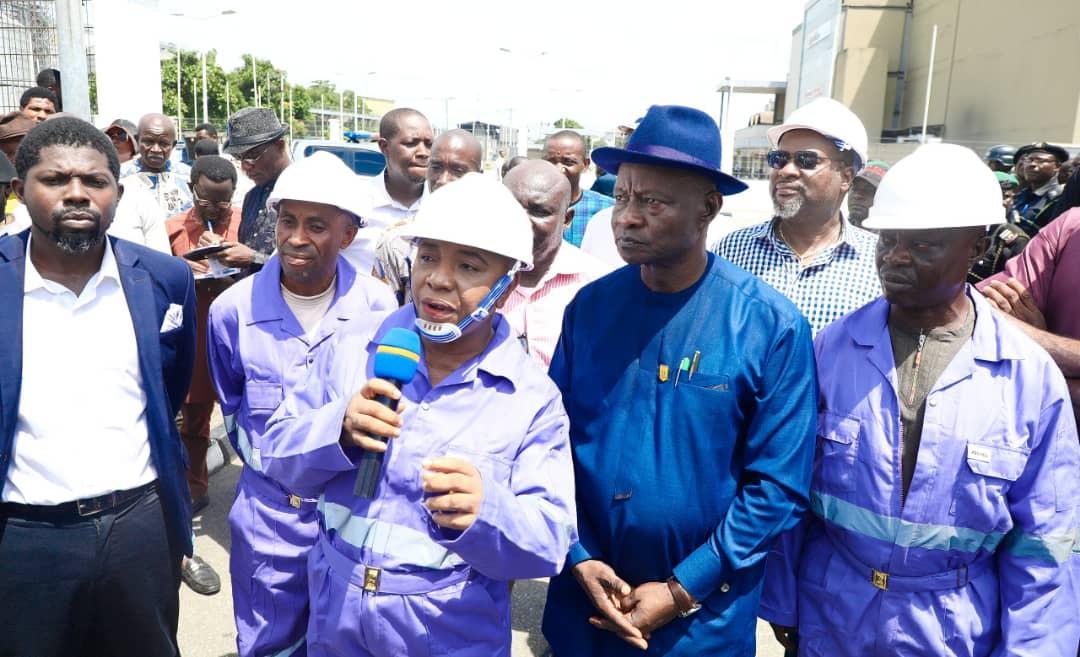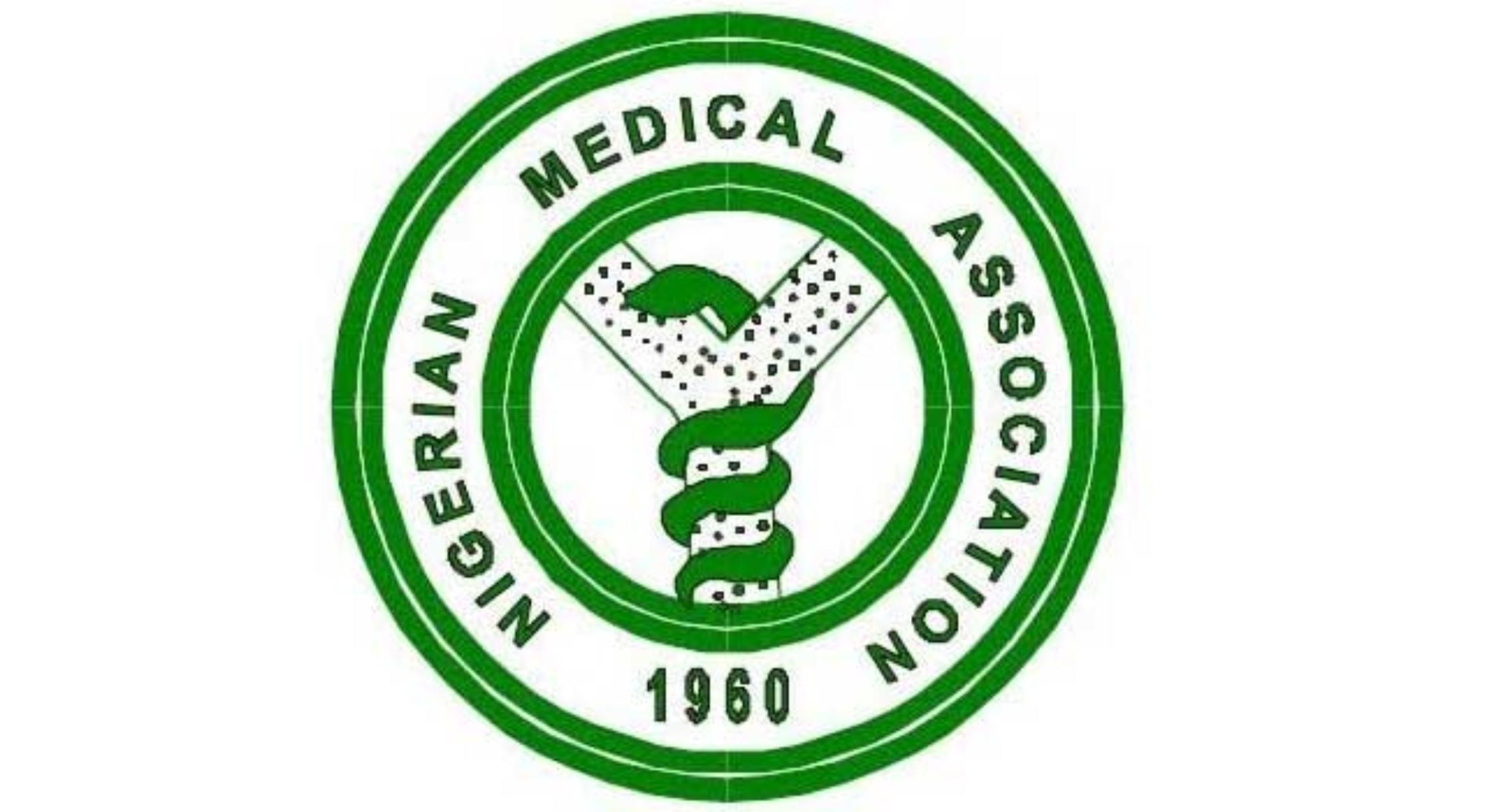Niger Delta
UNICAL Sinks $30m On Solar Energy

Thirty million dollars is to be spent for the construction of a solar energy project at the University of Calabar (UNICAL) by the Nigeria-German Energy Partnership to enable the institution resolve its power outage problem.
Speaking at the ground breaking ceremony for commencement of the electricity project at the University campus staff quarters, Consul General of Germany Herr. Ingo Herbert charged Dantata Solar Energy Limited (development/technical partners) to put in their best in the project execution so that the project could come to fruition.
Herbert stated that $30 million has been set aside by the Nigeria-German solar energy power partnership to be used for construction/take-off of 10mega watts power project at the university campus.
Coordinator for the solar energy partnership, Jeremy Gains, who spoke with journalists shortly after the ground breaking ceremony at the project site, said that the 30 million dollars will be paid from some of the monies that the university was spending for the procurement of diesel.
Gains stressed that the money that the university used to spend on diesel would now become an investment in the solar power plant.
He said, “the project is going to cost us $30 million. It will be paid for, from some of the monies that the university is spending on diesel. It means that the university is going to spend on the solar energy.
“If you look here it will go as far as the fence and the River. It is going to provide enough power for the university community, for University of Calabar Teaching Hospital and the Cross River University.
When asked if the system was going to be sustainable, he responded, “the system we will built here will run at normal hours for 25years, and it will continue, and after that the place becomes fully powered.”
Continuing, he noted that “the system is designed for the university to pay for it. When they pay it off after 7years, they will begin to enjoy free electricity.”
He said that the solar power system had been designed in a manner that it would provide constant electricity on the campus for 24 hours, 7days of the week for twenty five years, adding that the power project was not a federal government project but a project that was born out of the partnership.
Responding, the Vice Chancellor of the University of Calabar, Prof. Zana Akpagu said that upon completion of the project, the institution would be ranked among the best universities in Nigeria, adding that it was a stride that could make any of the management staff to walk with his shoulders high above ones’ head.
“When the university was designed in 1975, it wasn’t designed with the use of electricity in mind but as of today football is even being played in most stadiums with the use of electricity. By then people didn’t even know how to use laptops.
“If you go round the institution you will discover that there are some bulbs that have no light. When once this project is completed all the bulbs are going to have light with the aid of these solar panels”, he said.
Akpagu stated that the institution had no any other choice than key into the partnership given the stress that it had under gone just to ensure that there was light on the campus.
He said that UNICAL procured on the average about three trucks of diesel which cost 30 million naira on monthly basis outside monies paid as bill for electricity consumption to Port Harcourt Electricity Distribution Company (PHEDC).
Earlier in his remarks, former minister of Power, Dr Lanre Babalola, lauded the management of University of Calabar for the courage and vision, adding that when the power reforms started it was all about staying in Abuja and urged other universities to borrow a leaf from the university of Calabar so as to solve the electricity problem which had been bedevilling the nation’s tertiary institutions.
Friday Nwagbara, Calabar
Niger Delta
Mile One Market: Committee Commences Verification Exercise …Denies Allocations Of Shops

The Rivers State Government Reconciliation Committee on Lockup Shops at Mile 1, Rumuwoji Market in Port Harcourt City Local Government Area has denied allocating stalls to any one.
Chairman of the commitee, Mrs Ibiwari Clapton-Ogolo, said this in an interview with The Tide during the commencement of the first phase verification of the market allottees in Port Harcourt.
Mrs Clapton-Ogolo also insisted that original owners of shops will be given automatic allocations as long as they can prove themselves.
“No allocations for now. We are here to verify the allottees. Original owners of shops will have automatic allocations as long as they can prove themselves”, she said.
Mrs Clapton-Ogolo, who is the Permanent Secretary/Solicitor General of Rivers State, said the traders are happy that they are getting back to business.
She insisted that all prospective allottees must come with all required documents, including their National Identification number (NIN) before verification.
She also commended Governor Siminalayi Fubara for his efforts in getting the traders back to business.
Other members of the committee who also participated in the verification exercise are the Permanent Secretary, Rivers State Ministry of Housing, Mr Boma Wakama, who is the Secretary of the committee; Mr Lawson Ikuru, Permanent Secretary, Rivers State Ministry of Commerce and Industry, amongst others.
Some of the allottees, who spoke to The Tide shortly after the verification exercise, described the process as fair and transperant.
They told their colleagues not to embark on further protest, but follow the template put in place by the Committee to get verified.
Over six hundred allottees participated in the verification exercise.
John Bibor
Niger Delta
RSG Seals Two Hospitals In Bonny …Set To Inaugurate Anti-Quackery Committee

The Rivers State Government, in collaboration with the Nigerian Medical Association (NMA), Rivers State, has sealed off two hospitals in Bonny Island.
The two hospitals sealed are Saint Child Surgery, Bonny, and former Ndukwe Clinic, currently operating at Macauley Plaza, Bonny.
At a joint media briefing, Wednesday, in her office, the State Commissioner for Health, Dr Adaeze Chidinma Oreh, said the two health facilities were sealed off for negligence and unprofessional conduct as well as non-registration of facilities.
The sealing of the two hospitals brings to three the number of hospitals so far sealed off by the government in the State.
Recall that last week, one Divine Love Hospital in Port Harcourt was also sealed off for unprofessional conduct.
The Commissioner said some of those engaged in unethical practices have also been arrested and being tried.
She explained that the situation goes against the philosophy and the determination of the Governor Siminalayi Fubara-led administration to ensure quality health care delivery in the State.
According to her, the present administration of Governor Fubara is determined to fight all incidences of quackry in the State, adding that when inaugurated, the committee will also go after those who use fake certificates to practise as medical doctors.
“It is important that we are not looking at it sorely from the perspective of the qualifications, the requisite qualifications of health care providers, the services that they provide, and the facilities, but those services delivered is also of paramount importance”, she said.
She continued that the State Ministry of Health is collaborating with the Nigerian NMA to ensure that the health sector is sanitized of quackery.
The Commissioner urged the public to give useful information to the Ministry on the existence of quack doctors and locations of substandard hospitals in the State.
Also speaking, the Chairman of the NMA, Rivers State, Dr Ebi Robinson, said the organisation has zero tolerance for quackery as far as the profession was concerned.
He said the fight against quackery was not motivated, but was borne out of necessity to sanitise the health care delivery system in the State.
According to him, the fight is not against only those who fake certificates, but also against unethical and unprofessional practices.
“In recent times, some hospitals have been sealed with the help of the Ministry of Health and some individuals who faked certificate to practise as medical centres have also been prosecuted by the NMA.
“On the 23rd of April, two hospitals in Bonny Island were also sealed by the Ministry of Health for non-registration of their facilities and for some unethical practices.
“The NMA was part of the team to ensure no one was victimised”, he stated.
Robinson thanked Governor Fubara and the State Commissioner for Health, Dr. Oreh, for their support towards the fight against quackery and efforts to sanitise the health care delivery sector in the State.
He said the association is not leaving any stone unturned until the sector is sanitised for better medical practices.
Also speaking, the Director of Medical Services, Rivers State Ministry of Health, Dr. Vincent Wachukwu, said the government is putting all necessary things in place to ensure that Rivers people get access to quality health care services.
He, however, expressed regrets that some persons are making a mockery of government effort in this direction by not registering their facilities.
Wachukwu said government cannot allow these individuals to continue, and called on those wishing to offer medical outreaches to communities to get approval from the Ministry.
John Bibor
Niger Delta
C’River Declares NBS Child Labour Ranking Unrealistic
Cross River on Saturday dismissed as untrue a survey report by the National Bureau of Statistics (NBS) that it had the highest incidence of child labour in the country.
The NBS had stated in the report that of the 24.6 million children in child labour in Nigeria, Cross River recorded the highest incidence of 67.4 per cent, followed by Yobe with 62.6 per cent.
In the survey entitled: “Nigeria Child Labour Survey 2022’’, the NBS rated Lagos State has having the lowest incidence of 8.9 per cent.
The NBS described child labour as any work that robbed children less than 18 years of age of their childhood, potential, and dignity or had deleterious impact on their physical and mental development.
It stated that its survey showed that children between the ages of five years and 17 years were engaged in economic activities that amounted to child labour in Nigeria.
Dismissing the report, Cross River’s Commissioner for Information, Mr Erasmus Ekpang told The Tide’s source in Calabar that the figures released did not represent the true position in Cross River.
He said the figure for Cross River was not tenable since government had put measures in place since assumption of office in May 2023 to discourage child labour and to uplift vulnerable segments of the population.
He explained that the measures put in place centred on health, education, agriculture and other empowerment initiatives.
Ekpang stressed that government had also put in place programmes that empowered women economically and discouraged them from sending their children and wards out as child labourers.
“Women are empowered to take care of themselves and their families. Youths are also not left out of these policies and programmes.
“The initiatives are mostly in the areas of agriculture and small-scale enterprises.
“We also initiated programmes like school feeding to retain every child in school”, he stated.
Ekpang advised the NBS to revisit its 2022 figures and make amends.
The NBS report also stated that more than 14 million of affected children were engaged in hazardous work.
The survey also showed that child labour was considerably higher in the rural areas, with 17.5 million or 44.8 per cent of children involved.
In the urban areas, however, only 7.1 million children, or 30 per cent were involved in child labour.
Hazardous work is also more frequent in the rural areas according to the NBS.
“More than 10.5 million children or 26.8 per cent of those of them in the rural areas are in hazardous work.
“In urban areas, only about four million children or 16.3 per cent are in hazardous work”, it stated.
The report also indicated that the Northwest geopolitical zone had the highest of 6,407,102 children engaged in labour, followed by the Northeast with 4,466,808; North Central (3,884,576); South-South (3,682,773); Southwest (3,227,559) and Southeast (3,004,669).
-

 News5 days ago
News5 days agoFG Set To Receive Fresh $2.2bn World Bank Loan
-
News22 hours ago
How Ex-HoS, Oyo-Ita, Others Diverted N3bn To Private Companies -Witness
-
Opinion20 hours ago
The Nigerian Police We Want
-
Sports19 hours ago
Siasia Blames NFF Over FIFA Ban
-

 Business5 days ago
Business5 days agoAviation Union Threatens Strike Over Revenue Deduction
-

 News5 days ago
News5 days agoNCCSALW Destroys 6,000 Illicit Arms In Six Geo-Political Zones
-
News21 hours ago
13 Students Bag First Class, 182 PhD As IAUOE Graduates 5,550, Today
-
Nation20 hours ago
1,680 Children Abducted In Nigeria -UNICEF

